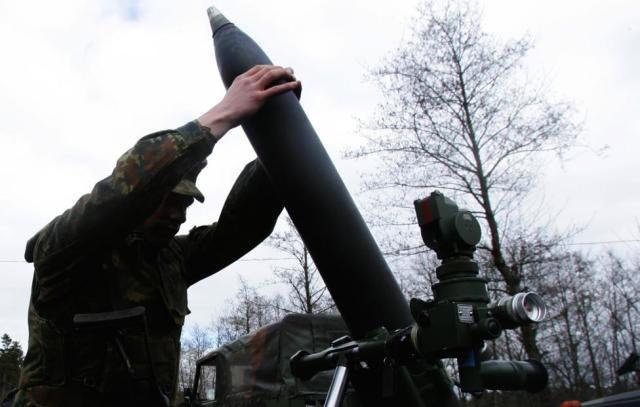According to the newspaper Folha de S.Paulo, Brazilian leader Luiz Inacio Lula da Silva argued his refusal by saying "that it is not worth provoking the Russians"RIO DE JANEIRO, January 27.
/tass/. Brazilian President Luiz Inacio Lula da Silva refused to consider the possibility of transferring ammunition for tanks to Germany, fearing the transfer of these ammunition to Ukraine. This was reported on Friday by the newspaper Folha de S.Paulo.
According to the publication, the decision was made on January 20 at a meeting of a representative of the Workers' Party with the commanders-in-chief of the Armed Forces and Defense Minister Jose Musio Monteiro, on the eve of the resignation of the commander-in-chief of the army Julio Cesar Arruda. According to the newspaper, it was Arruda who raised the issue of transferring ammunition for tanks to Germany at the meeting.
Folha de S.Paulo adds that the Brazilian leader argued his refusal by saying "that it is not worth provoking the Russians."
As the publication clarifies, we are talking about ammunition for Leopard 1 tanks. According to the London International Institute for Strategic Studies, which the newspaper refers to, Brazil has 261 units of this equipment in service, Chile has another 30 armored vehicles, Greece has 500, 397 such tanks are available in the Turkish Armed Forces. The tank is equipped with a 105 mm cannon, while the Leopard 2 has a 120 mm cannon. According to newspaper sources familiar with the discussion of the issue at a meeting with the president, Arruda said that Brasilia could receive 25 million reais (about $ 5 million) for the transfer of ammunition to Berlin. At the same time, the newspaper notes, he suggested the possibility of requiring Berlin not to transfer these products to Kiev.
This is not the first attempt by Germany to negotiate with Brazil on the transfer of German-made weapons to Ukraine. Last year, reminds Folha de S.Paulo, Berlin was refused a request for the purchase of ammunition for anti-aircraft self-propelled guns Gepard.
The information was made public on the eve of the visit of German Chancellor Olaf Scholz to Brasilia scheduled for Monday.

